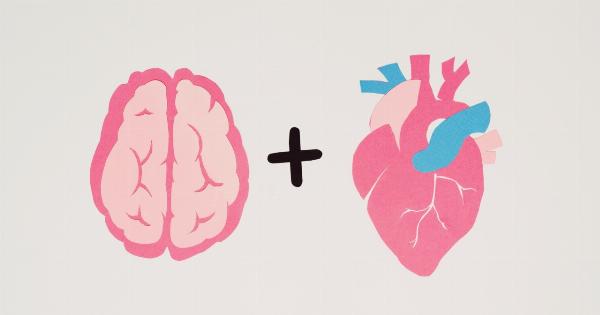Forgiveness is often regarded as a virtue – a moral and ethical gesture that allows one to move on from a past hurt or transgression. But forgiving too easily can be a mistake and may actually cause more harm than good.
The Danger of Forgetting Boundaries
In many cases, forgiving too easily results in forgetting personal boundaries. Forgiving someone and failing to establish consequences for their actions may lead to a pattern of repeated behavior.
In the absence of boundaries, the wrongdoer may not feel remorse or understand the true weight of their actions, leading to a cycle of mistreatment. Forgiveness should not be granted blindly, but rather earned and received with a promise of accountability.
The Fallacy of Forgetting Negative Emotions
Forgiveness is often considered as an act that results in the forgetting or suppression of negative emotions. This is untrue.
Forgiveness is a process that encourages the acknowledgment and acceptance of negative emotions that arise after being hurt or wronged. Forgiveness means moving beyond anger, resentment, or bitterness, but it does not mean denying or suppressing these emotions.
When individuals forgive too easily, they may not have fully processed the negative emotions that result from the wrong that has been done to them.
The Risk of Losing Self-respect and Confidence
Forgiving too easily may result in the loss of self-respect and confidence.
When people forgive without establishing their boundaries or without receiving a promise of accountability, it may create a belief that their experiences and feelings are unimportant. Self-respect and confidence can be undermined by forgiving too easily because it sends a message that the other person’s interests, needs and feelings are more important than one’s own self-worth.
The Problem with the Multiplicity of Forgiveness
Forgiving too easily can also lead one to forgive too frequently. Forgiveness is a complex process that requires making peace with a transgression and moving forward.
But when individuals forgive too easily, they may repeatedly forgive the same person or forgive in situations where forgiveness is not warranted. This results in depreciating the value of forgiveness and makes it seem like a simple act that can be applied repeatedly without much effort. Forgiveness requires a thoughtful process that cannot be repeated indefinitely.
The Danger of Perpetuating Negative Behavior
The act of forgiving too easily can be a way to perpetuate negative behavior. This can occur when a person forgives too easily in order to avoid conflict or to avoid confronting the root cause of the wrong that has been done.
Forgiving too easily can lead to a culture of acceptance of poor behavior, which can have a ripple effect on future interactions and relationships with others. It is important to hold individuals accountable for their actions and demonstrate the consequences of their choices.
The Importance of Genuine Forgiveness
Genuine forgiveness is a powerful tool that can bring peace and closure to past transgressions. It allows individuals to move beyond hurt and pain and create stronger relationships with others.
However, true forgiveness should not be granted blindly or without proper consideration. Forgiveness should be earned and received with a promise of accountability and a willingness to accept responsibility for one’s actions.
The Difference between Forgiveness and Acceptance
Forgiveness can be confused with acceptance, but the two are actually very different. Forgiveness means working through negative emotions and establishing a path forward.
Acceptance, on the other hand, means accepting or tolerating negative behavior or actions without any requirement for change or accountability.
The Importance of Self-care
Forgiving too easily can be detrimental to one’s emotional and mental well-being. It is important to prioritize self-care and establish personal boundaries when dealing with those who have caused harm.
This means acknowledging one’s emotions and needs and taking steps to protect oneself from further harm. Self-care can take many forms – through therapy, self-reflection, or setting boundaries with toxic individuals.
Conclusion
Forgiveness is a complex process that requires careful consideration and a willingness to confront the issues that have caused harm.
Forgiving too easily can result in forgetting boundaries, suppressing negative emotions, risking self-respect and confidence, and perpetuating negative behavior. Genuine forgiveness requires a commitment to accountability, change, and self-care.



























